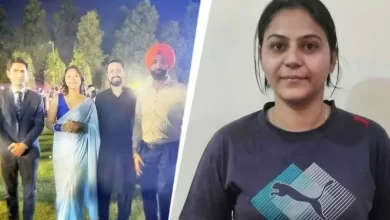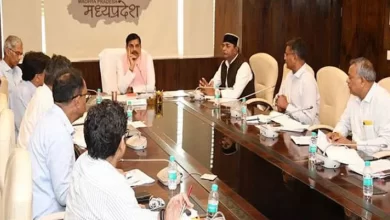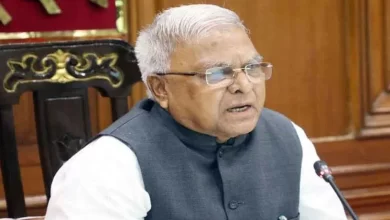Editorial: Assault on free speech

Determination of fake news cannot be in the sole hands of the government because it will result in the censorship of the press.
Hyderabad: The latest proposal by the Central government on what constitutes ‘fake’ news articles is ill-conceived and unwarranted and amounts to infringing on free speech. The Ministry of Electronics and Information Technology (MeitY) has released modifications to the draft Information Technology (Intermediary Guidelines and Digital Media Ethics Code) Rules, 2021, and sought public feedback. Essentially, it means that the government can direct social media companies to take down news articles that have been deemed “fake” by the Press Information Bureau (PIB), a nodal agency of the Central government. Predictably, the move has triggered strong resistance from the opposition parties and the Editors Guild of India. According to the draft proposals, any piece of news that has been identified as “fake” by the fact-checking unit of the PIB will not be allowed on online intermediaries, including social media platforms like Facebook, YouTube and Twitter. Such posts would have to be removed by online entities, without any recourse or avenue for redressal. This is totally arbitrary and violative of the fundamental principles of freedom of expression. The determination of fake news cannot be in the sole hands of the government because it will result in the censorship of the press. This amounts to the government anointing itself to be the judge, jury and executioner of online content regulation. Instead of imposing such unreasonable restrictions, the Centre must initiate meaningful consultations with media organisations and other stakeholders, on the regulatory framework for digital media, so as to not undermine press freedom.
If the latest draft amendments are carried through, it could potentially set a dangerous precedent. At present, social media intermediaries have legal immunity from third-party content they host. They essentially allow users to access services on the internet, and the proposed changes to the rules mean that not just social media platforms but internet service providers and web hosting providers – who are all classified as intermediaries currently – will also have to follow the rules if notified with this provision. This means that if a piece of news has been flagged as fake or false by either the PIB or any other fact-checking agency authorised by the government, internet service providers will also have to disable the link to that particular news piece. The PIB’s fact-checking unit was set up in 2019 to verify news related to the government’s ministries, departments and schemes. It routinely flags information about the government it believes is fake or misleading, though rarely explaining why it has flagged a particular piece of information. The fact-checking unit has itself, at times, tweeted incorrect information – for instance, in 2020, it stamped a genuine recruitment notice of the Intelligence Bureau as fake, and the Publications Division of the Ministry of Information and Broadcasting had to point out the incorrect ‘fact-check’.







